The influential violist had a wide-ranging career in performance and academia, with a special interest in movement and self-expression as a champion of Karen Tuttle’s coordination approach
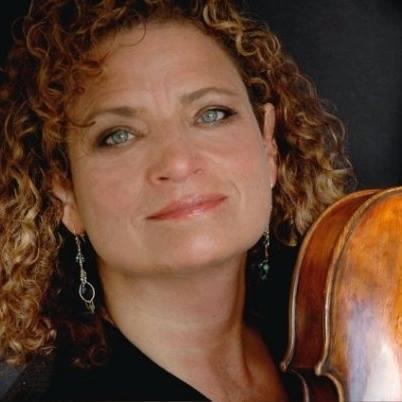
US violist Karen Ritscher has died, aged 73. Ritscher was influential in various musical avenues, including performance, education, movement and academia.
Born in 1952, Ritscher’s extensive pedagocial reach included serving on the faculties of the Manhattan School of Music, New York University, Boston University, Rice University, the Mannes College of Music, Oberlin Conservatory and the Eastman School of Music.
As an expert on player physicality, movement and self-expression, she held workshops in Brazil, Canada, Mexico, Spain, Korea, Taiwan and China, and was the featured viola master-clinician for the College Division at the American String Teachers Association Conference in 2009.
She served on the faculty of the annual Karen Tuttle Coordination Workshop from its inception in 2002, working with violists’ physical and emotional awareness to help create a beautiful sound, through tensionless playing.
Her interest in physicality in playing stemmed from her family of engineers: ’I am always fascinated by how the mechanics of movement work, and I enjoy helping people find their most efficient and authentic ways to express themselves, either on their instruments or through spontaneous dance,’ she said on her website.
She published many articles on practice, physicality and performance. She was the string consultant for Madeline Bruser’s book, The Art of Practicing; A Guide to Making Music from the Heart and co-authored The Karen Tuttle Legacy: A Resource and Guide for Viola Students, Teachers, and Performers.
Ritscher was a certified 5Rhythms Movement teacher, a method described as ’a dynamic practice to both workout and meditate in the same breath.’ Her work with the method led her to collaborate with patients in hospitals, caregivers, people with Alzheimer’s, artists’ collectives and fellow musicians.
Additionally, she co-led ‘Dancing with Dementia’ sessions in New York City and held grief workshops, implementing the 5Rhythms method.
Rischer served as principal violist for the Dallas Opera, Houston Grand Opera and Brooklyn Philharmonic, and assistant principal for the American Composers Orchestra. She performed with the Orpheus Chamber Orchestra, the Houston Symphony, New York City Ballet Orchestra, and the New York City Opera Orchestra.
As a concerto soloist, she has appeared with such orchestras as the Westchester Philharmonic, the Dallas Chamber Orchestra, the Colonial Symphony of New Jersey, the Texas Music Festival Orchestra and the Texas Chamber Symphony.
Ritscher was member of the Aureus Piano Quartet the Azure Ensemble, a chamber group that features the work of living female composers. She commissioned and performed new works by composers such as by Bruce Adolphe, Wendy Mae Chambers, Linda Bouchard, Tan Dun, Chen Yi, Bright Sheng, Alice Shields and Gabriela Lena Frank. She recorded the complete works or viola and piano by Ernest Bloch.
Ritscher was a survivor of necrotising fasciitis, a bone marrow cancer diagnosis and cardiac amyloidosis, the physical challenges from which she described as ’huge teachers for healing my own body and soul.’
The number one source for playing and teaching books, guides, CDs, calendars and back issues of the magazine.
In The Best of Technique you’ll discover the top playing tips of the world’s leading string players and teachers. It’s packed full of exercises for students, plus examples from the standard repertoire to show you how to integrate the technique into your playing.
In the second volume of The Strad’s Masterclass series, soloists including James Ehnes, Jennifer Koh, Philippe Graffin, Daniel Hope and Arabella Steinbacher give their thoughts on some of the greatest works in the string repertoire. Each has annotated the sheet music with their own bowings, fingerings and comments.
The Canada Council of the Arts’ Musical Instrument Bank is 40 years old in 2025. This year’s calendar celebrates some its treasures, including four instruments by Antonio Stradivari and priceless works by Montagnana, Gagliano, Pressenda and David Tecchler.

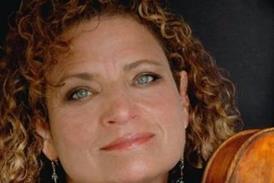
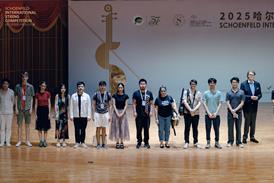
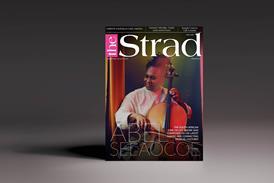

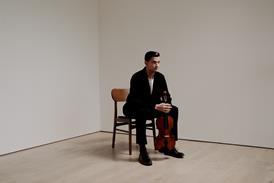
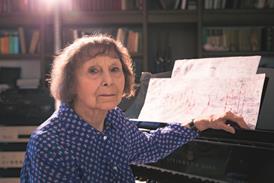
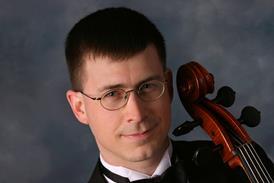

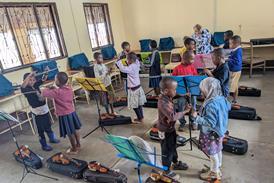
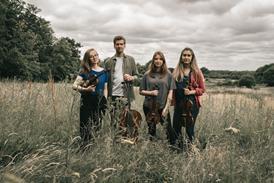
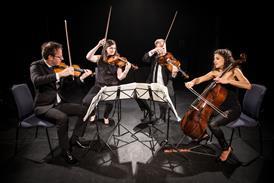
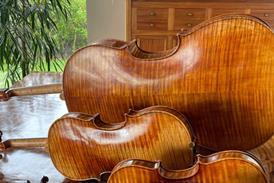
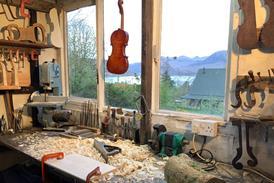
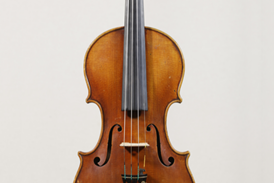
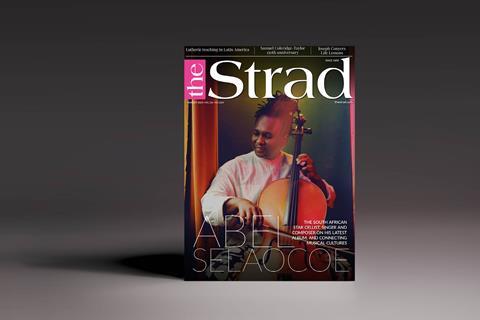




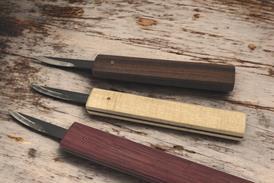
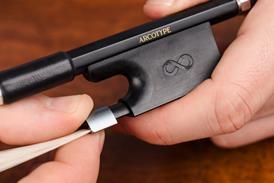
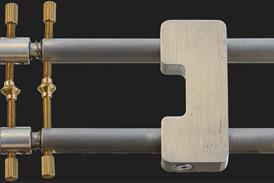















No comments yet